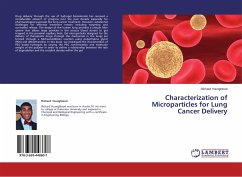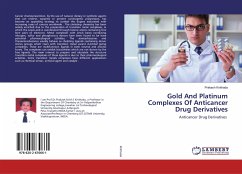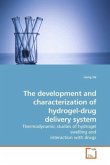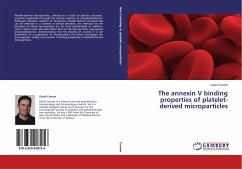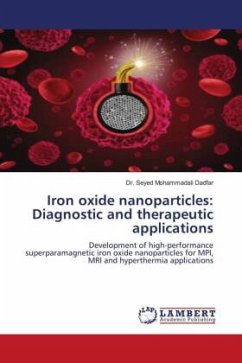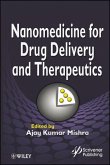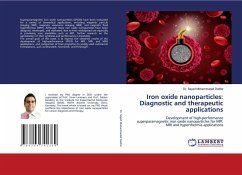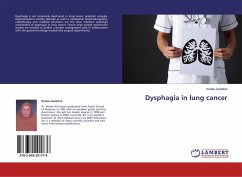Drug delivery through the use of hydrogel biomaterials has received a considerable amount of progress over the past decade especially for pharmacological purposes like lung cancer treatment. However, substantial challenges for effective treatment remain including targeting and controlled release. The design of the human lung provides a unique filter system that allows large particles in the venous blood stream to get trapped in the proximal capillary beds. Gel microparticles designed for the delivery of therapeutic drugs through this mechanism in the lungs are formed through a Michael-Addition reaction using polyethylene glycol (PEG) and dithiothereitol. In this book, we investigate the characteristics of PEG based hydrogels by varying the PEG concentration and molecular weight of the polymer in order to define a relationship between the rate of degradation and the crosslink density within the gel.
Bitte wählen Sie Ihr Anliegen aus.
Rechnungen
Retourenschein anfordern
Bestellstatus
Storno

